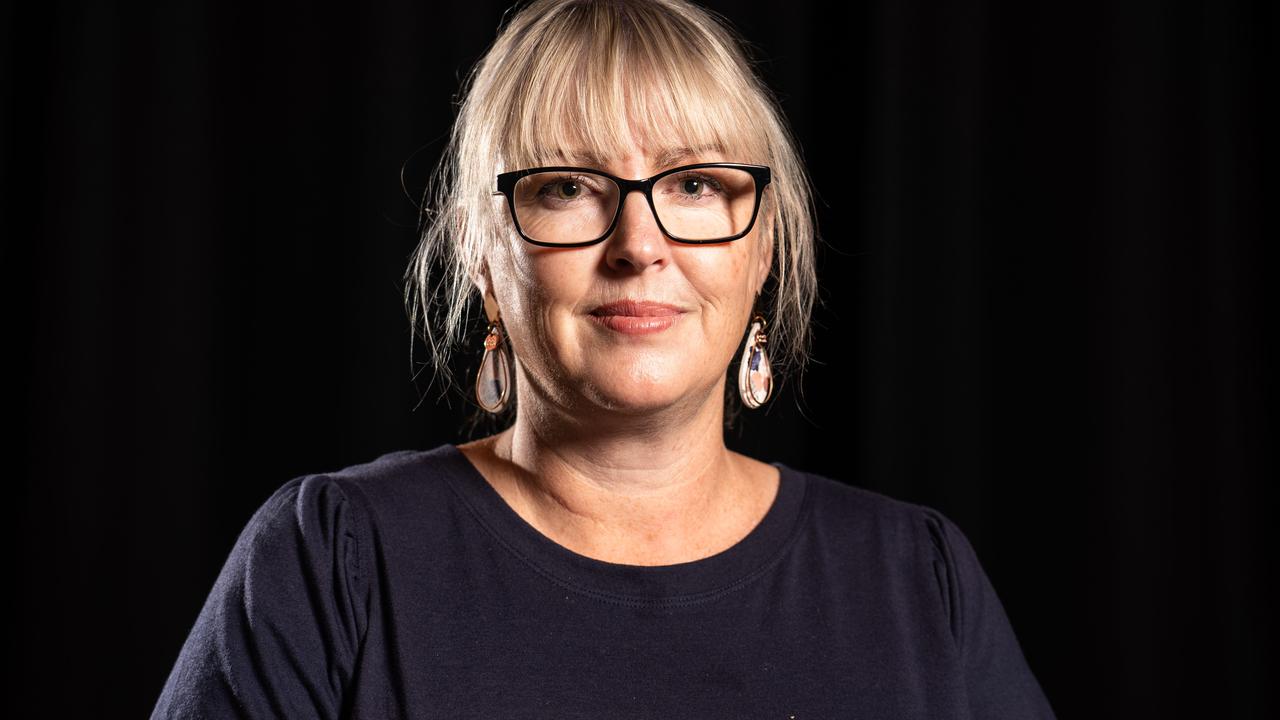Australia’s highest-risk criminal targets are beating the system to walk free
Australia’s highest-risk criminal targets, including bikies and their associates, are thwarting attempts by the nation’s most powerful law enforcement bodies to bring them before the courts.
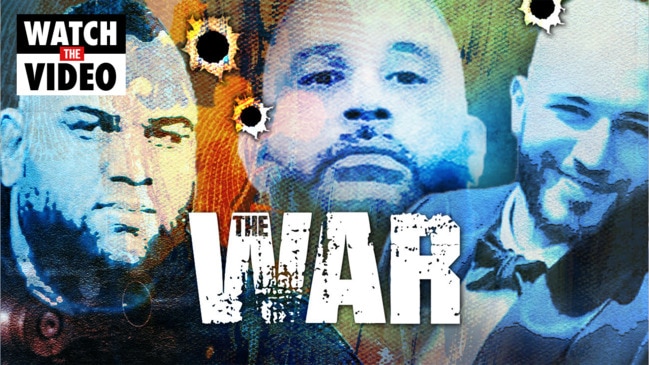
True Crime
Don't miss out on the headlines from True Crime. Followed categories will be added to My News.
High-risk criminal targets including bikies in the sights of Australia’s most powerful law enforcement bodies have beaten the agency at its own game, thwarting attempts to force them into coercive hearings or to hand over their phones.
The Australian Criminal Intelligence Commission (ACIC) has lost – or had to abandon – more than a dozen cases after the targeted organised crime figures legally challenged the ACIC on its use of dodgily drafted documents.
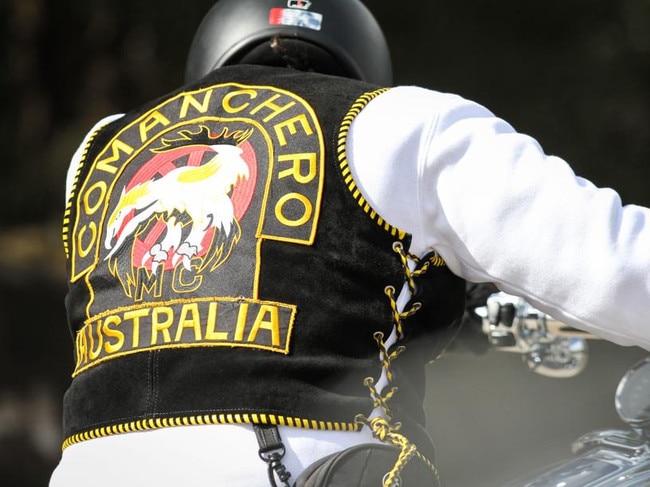
In 13 out of 16 cases in the past three years, the ACIC withdrew its summons or notices to produce items such as mobile phones and agreed to foot the bill for the criminal targets costing millions of dollars in legal fees.
The courts have suppressed the identities of the ACIC targets, but it can be revealed that in one case an alleged criminal syndicate associate given the pseudonym CXXXVIII was served with a “notice to produce” which was later argued to be “incoherent”.
Lawyer Harry Patsouris acted for CXXXVIII, who took his case all the way to the High Court resulting in the ACIC withdrawing its summons and notice to produce.
The ACIC also paid almost half a million dollars in costs for CXXXVIII and another related case.
The ACIC also tried unsuccessfully to drag two alleged outlaw motor cycle gang members out of immigration detention in Melbourne to answer questions in its Docklands Star Chamber. The summonses were later withdrawn.
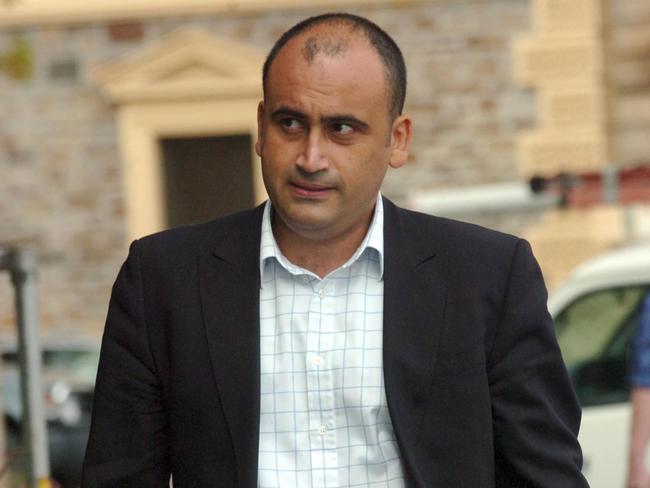
All the cases involved serious and organised crime targets and were lost, or discontinued after legal challenges to the validity of the ACIC documents and the way they were drafted – some without proper jurisdictional basis.
“This can’t be just swept under a very expensive carpet, the Attorney-General needs to ensure that this agency acts within the law,” Federal Greens Senator David Shoebridge said.
“We need our crime agencies to be enforcing the law, not repeatedly breaking it, and paying costs each time they are caught out … the ACIC is out there repeatedly using coercive powers that they know, or ought to know, are unconstitutional.
“This is particularly problematic when the ACIC is meant to be one of the country’s premier crime fighting organisations.”
When former ACIC CEO Mike Phelan was questioned about the cases, he told parliament: “We’ve actually won more constitutional challenges than we’ve lost. More costs have been paid to us than we’ve lost, both on challenges in the full court of the Federal Court and before a judge at first instance.”
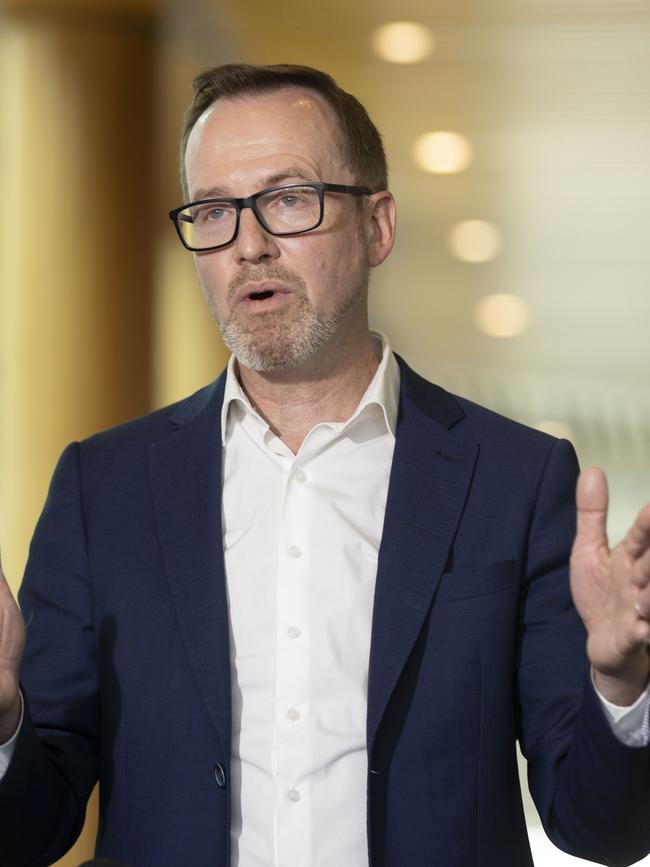
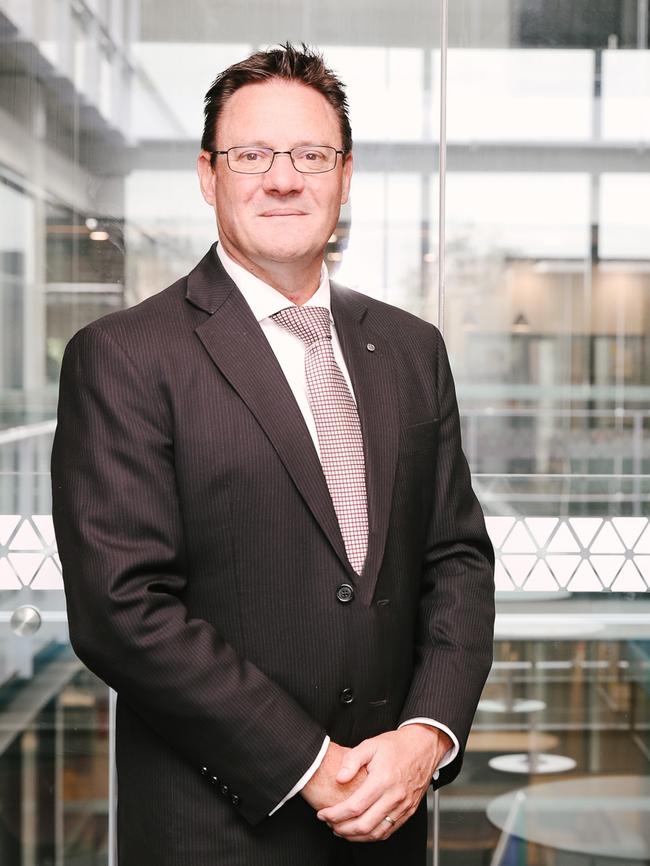
But Senator Shoebridge said “the truth is that over 80 per cent of the time that ACIC has had its coercive powers challenged, they lose the fight.”
A spokesman for the ACIC said it conducts its litigation, including making decisions about the progress and resolution of proceedings on a case-by-case basis, in accordance with the law and any relevant decisions of the court.
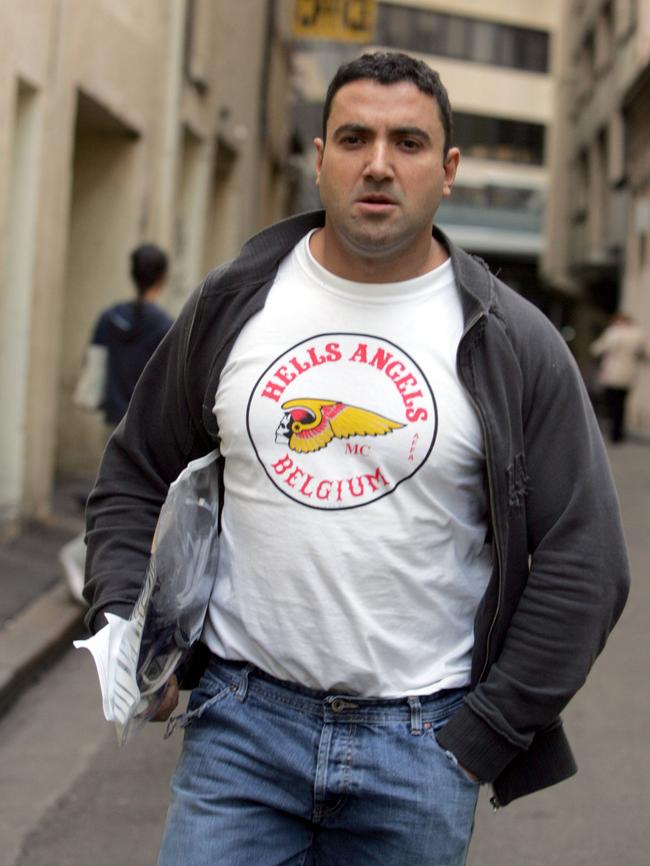
The ACIC has extraordinary powers similar to a Royal Commission, and can force people to answer questions and produce documents, phones and other devices relevant to its special operations.
These investigations include APOTS (Australian Priority Organisation Targets) and High-Risk Criminal targets.
For the past few years it has been gathering intelligence on a network of Australian national organised crime entities, largely based offshore and referred to as the ‘Aussie Cartel’.
It includes members of the Comanchero and Hells Angels clubs, many of whom have fled overseas like Hells Angels national commander Angelo Pandeli.
The ACIC is understood to have been involved with other agencies in the hunt for alleged Alameddine crime boss, Masood Zakaria, and international head and ‘Supreme Commander’ of the Comanchero outlaw motorcycle gang Duax Ngakuru, who were both arrested in Turkey last week, as well as Hakan Ayik, who is still wanted.
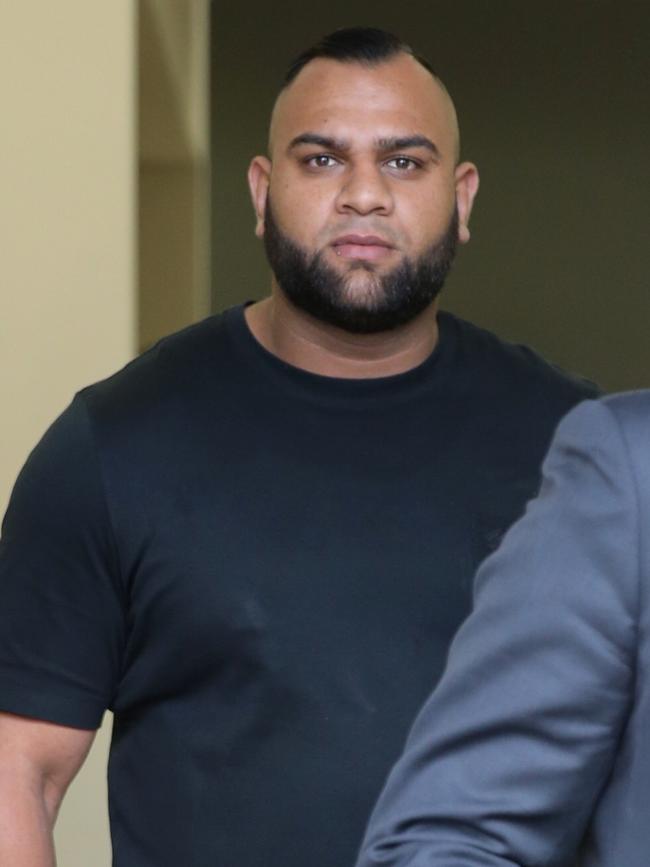
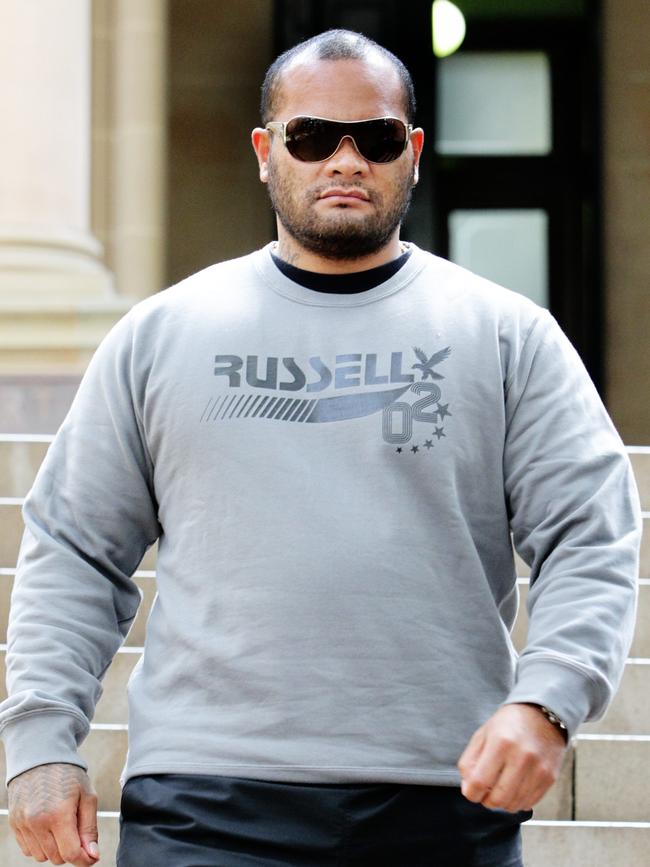
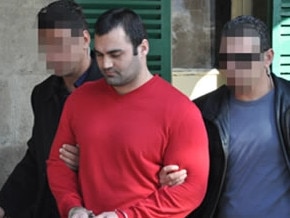
It is not known which, if any, APOTS may have challenged the ACIC’s powers but former ACIC CEO Mike Phelan has revealed the Comanchero bikie gang was its number one target.
Originally published as Australia’s highest-risk criminal targets are beating the system to walk free




